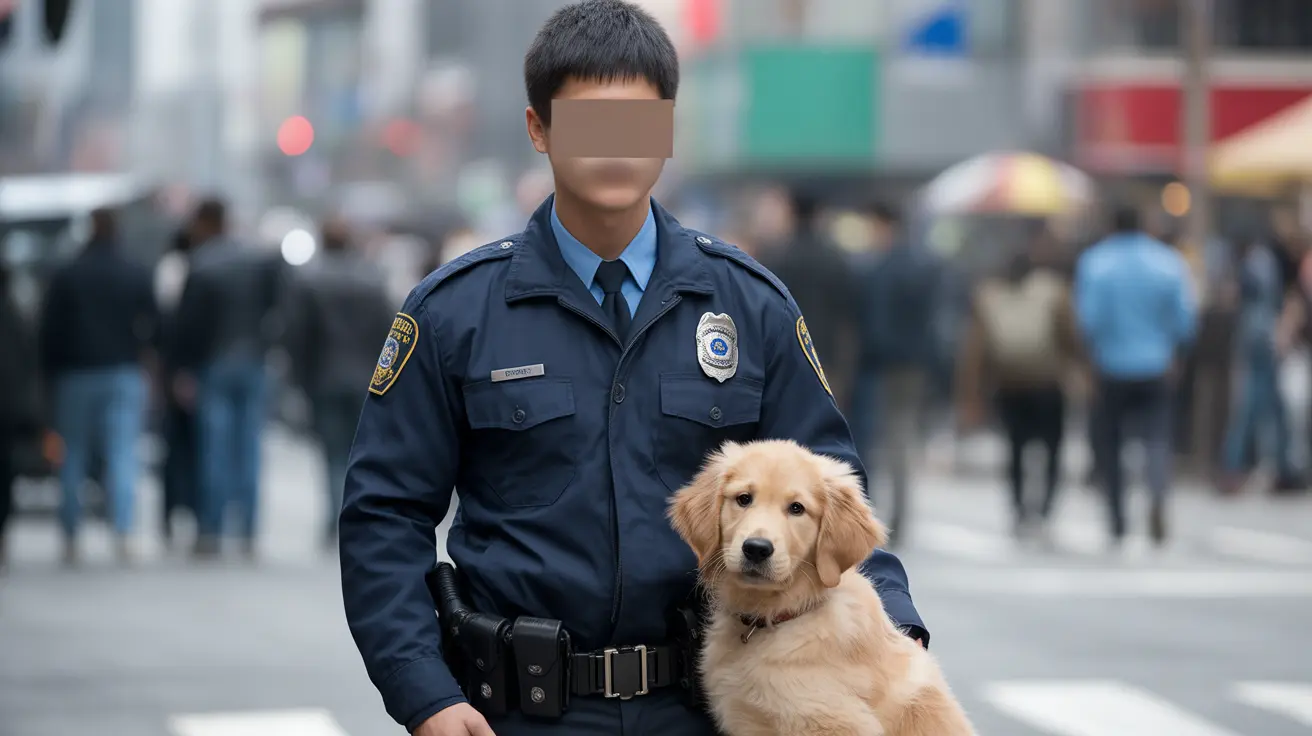Understanding Connecticut Law on Service Dogs
In Connecticut, laws concerning service dogs closely mirror federal guidelines established under the Americans with Disabilities Act (ADA). These laws ensure that individuals with disabilities can rely on trained service animals for specific tasks essential to their independence and safety. This comprehensive guide outlines what qualifies as a service animal, where they are allowed, and the legal responsibilities of both handlers and businesses.
What Qualifies as a Service Animal?
Under Connecticut and ADA law, a service animal is defined as a dog—occasionally a miniature horse—that has been individually trained to perform tasks directly related to a person’s disability. These tasks may include:
- Guiding individuals with visual impairments
- Alerting those who are deaf or hard of hearing
- Pulling a wheelchair
- Retrieving dropped items
- Alerting to medical issues, such as seizures or low blood sugar
- Reminding handlers to take medication
- Grounding a person during anxiety episodes
Emotional support animals, therapy animals, and pets that provide comfort do not meet this definition since they are not trained to carry out specific tasks related to a disability.
Training and Certification Requirements
The ADA, as enforced in Connecticut, does not require professional training or certification for a dog to qualify as a service animal. Additionally, service dogs are not legally obligated to wear vests, tags, or badges, although handlers often use these for identification.
Access Rights and Public Spaces
Service animals must be permitted to accompany individuals with disabilities into any area open to the public, regardless of existing 'no pets' policies. This includes:
- Restaurants
- Stores and malls
- Hospitals and clinics (excluding sterile environments like operating rooms)
- Public transportation
- Hotels
- University housing and classrooms
The only reasons service animals may be excluded are if the dog is out of control, not housebroken, or poses a direct threat to the health and safety of others. Exclusions cannot be based on the animal’s breed or the handler’s disability being non-apparent.
What Businesses Can Ask
To respect privacy, businesses may only ask two questions when the need for a service dog is not obvious:
- Is the dog a service animal required because of a disability?
- What work or task has the dog been trained to perform?
Owners or staff may not demand documentation, inquire about the person’s disability, or require a demonstration of the animal’s work.
Other Legal Considerations
- Licensing and Registration: Service dogs are subject to the same local licensing and vaccination rules as all dogs.
- Number of Animals: Handlers may use more than one service dog if each serves a distinct, trained purpose.
- Local Registries: Governments or institutions may offer voluntary service animal registries, but cannot mandate certification.
- Breed Restrictions: There are no breed restrictions; any breed may serve as a service animal unless it displays threatening behavior.
Responsibilities of Handlers
Service animal handlers must:
- Maintain control using a leash, harness, or voice command
- Ensure the animal is housebroken
- Keep up-to-date with vaccinations and local licensing
Businesses are not responsible for feeding, supervising, or cleaning up after service animals.
Special Considerations
- In Air Travel: Covered by the Air Carrier Access Act, airlines may require documentation of training, health, and behavior.
- In Housing: The Fair Housing Act (FHA) provides broader coverage, including emotional support animals, in housing scenarios.
- Religious Institutions: Not bound by ADA service animal provisions, though state laws may offer additional rights.
Combatting Misuse and Misconceptions
Misinformation and fraudulent representation, such as falsely claiming pets as service dogs, hinder the rights of those with legitimate needs. Connecticut, like many states, may penalize such actions. It's also important to respect the privacy of handlers whose disabilities are not immediately visible.
Public Etiquette
When encountering a service dog, remember:
- Do not pet or talk to the animal; this can interrupt their focus.
- Do not offer food or ask personal questions about the handler’s disability.
- Respect the handler’s space and the working nature of their service dog.
Conclusion
Connecticut's law on service dogs reflects comprehensive ADA protections designed to support individuals with disabilities. Knowing and respecting these laws helps ensure equal access and protects the independence and dignity of those who depend on service animals every day.





